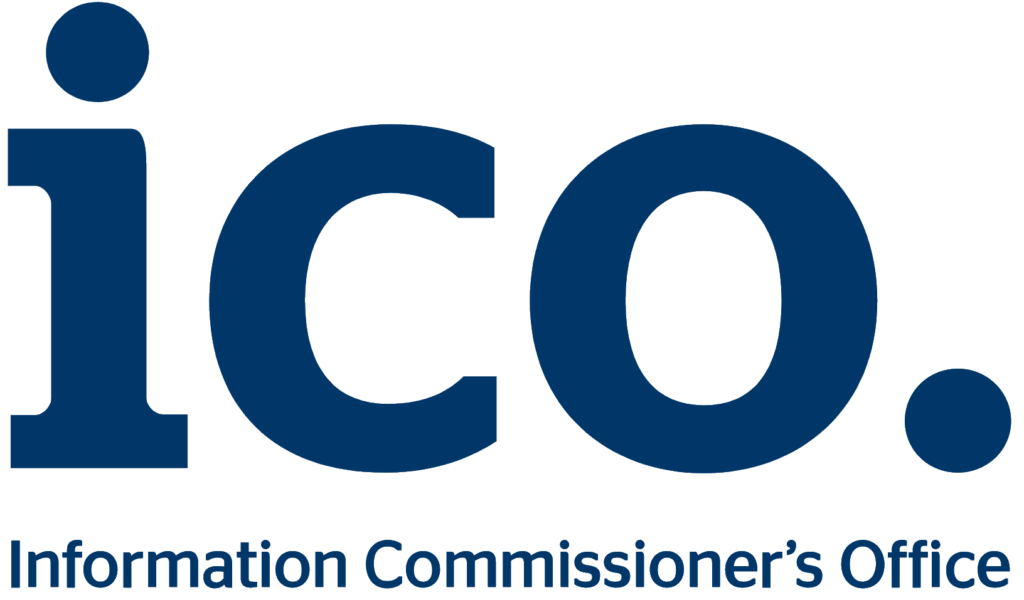“A law is valuable, not because it is a law, but because there is right in it” Henry Ward Beecher
When you make the decision to purchase a Leasehold property, you will have to consider the terms of the Lease you are buying as well as the obligations set upon you within the contract. These will typically include clauses such as ‘contribute towards a service charge fund’ and ‘maintain and repair your flat’ as well as many others.
Whilst each Lease is specific to a property and building, there are some legal leasehold rights that each Leaseholder is entitled to invoke which you may not be aware of:
1. The right to information regarding the Landlord of the building:
Your Landlord / Managing Agent has certain obligations to provide you with information under Section 1 of the Landlord and Tenant Act 1985 which has notable effects on the way the building is managed. Your Landlord / Managing Agent has to inform you of a formal address (within England or Wales) to which notices can be sent to them, in addition to ensuring that the Landlord’s actual name and address is noted on any payment demands that are sent. If the name and address is not on these demands, they are actually void until amended.
2. The right to form and seek recognition for a ‘Recognised Tenants Association’ (RTA):
As Leaseholders you have the right to organise a tenant’s association which entitles you to a number of pieces of information that you may not have obtained as a single Leaseholder. Your Landlord must recognise your association (assuming the correct set up procedure was carried out, more information on that here). If your Landlord doesn’t voluntarily recognise your association then you can force recognition via a tribunal under section 29 of the Landlord and Tenant Act 1985.
3. The right to challenge the reasonableness of the service charges:
Under Section 19 of the Landlord and Tenant Act 1985, each Leaseholder is given the right to challenge the service charge if they deem it to be unreasonable. Any Leaseholder is allowed to make a claim to the First Tier Tribunal to make a judgement on the level of reasonableness in which your Landlord / Managing Agent will have to justify the amounts charged.
4. The right to challenge unnecessary works to the building:
Section 27a of the Landlord and Tenant Act 1985 provides you with the right to challenge works that are carried out to your building by the Landlord / Managing Agent. You are allowed to make a claim to the First Tier Tribunal in order to make a judgement on whether the works were necessary and therefore whether you have to contribute towards them.
5. The right to be consulted about major works and long term agreements:
Major works are defined as ‘any one item of works that will cost any one leaseholder over £250 (inclusive of VAT)’. Should your Landlord / Managing Agent be planning to carry out works that will cost you more than £250, then they must complete a full consultation process under Section 20 of the Landlord and Tenant Act 1985.
6. The right to information about insurances:
As a Leaseholder you typically have to contribute towards the building insurance and possibly other insurances such as mechanical insurance, covering the lift, boilers etc. Under Section 30a and the Schedule of the Landlord and Tenant Act 1985, you are legally entitled to request a written summary of that insurance which must include, cost, risks and named parties. Find out a few tips on reducing your insurance premium here.
7. The right to a management audit:
If you are able to get 2/3 of your building together (and you must collect signatures), you can legally request a management audit under S.78 of the Leasehold Reform, Housing and Urban Development Act 1993. This is purely an informational exercise and cannot enforce the Landlord / Managing Agent to change anything but you can use the information to challenge the reasonableness of the charges for instance. Beware however as the audit must be paid for by the Leaseholders involved, not the Landlord!
8. The right to take over the management of your building:
In our previous blog post we have shown how you can start the process of managing your own building. This process does not mean that the Landlord is to blame in any way, simply that a collective of Leaseholders wish to manage the building via a specifically set up company. The legal reference in this right is via the Commonhold and Leasehold Reform Act 2002.
9. The right to ask the First Tier Tribunal for the appointment of a new manager:
Either you or a group of Leaseholders can formally request the First Tier Tribunal to appoint a new Manager under Section 24 of the Landlord and Tenant Act 1987 if you/they are unhappy with the current management structure. This right requires proof of actual fault on the Landlord / Managing Agents behalf and is therefore the last resort. Beware there may also be cost implications with this course of action due to the legal element of the procedure.
10. The right to inspect all receipts and invoices:
Following the receipt of the annual service charge summary from your Landlord / Managing Agent, you or the secretary of a recognised tenants’ association may formally request to inspect all the receipts and invoices pertaining to that summary of charges. If you wish to make this request you must refer to Section 22 of the Landlord and Tenant Act 1985. Note that you are allowed to make copies however the Landlord / Managing Agent may charge you for this.
There are many rights that Leaseholders do have however the above is simply a list of the least known. Consult a legal entity if you wish to learn more about any of the above rights as each has their own procedure which you may require guidance on.
Also take a look at our other blogs posts for more useful information and guides on the Leasehold sector.




